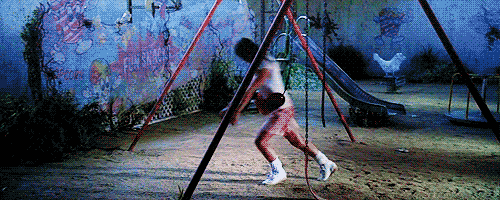This blog languished this semester while I taught fiction and forged through another workshop and a composition pedagogy class. But here is what I learned:
Anger and spite are a great way to decimate writer’s block.
Composition pedagogy has its gaze a little too far up its own navel.
Teaching fiction in a workshop is as fantastic, frustrating, and fun as being in a fiction workshop.
I learned that Tobias Wolff’s “Bullet in the Brain” is a great story to teach backstory and epiphany. That Joe Hill’s “Best New Horror” is great for stressing how important character is, even to a genre piece. That half your class with hate Lorrie Moore’s “You’re Ugly Too” but the other half of the class will love it and you won’t have to teach, because the love-half of the class will explain to the hate-half all the things that the hate-half didn’t understand and why it’s such a brilliant story. That kids these days don’t care much for Hemingway and Carver-esque icebergian minimalism. That Sherman Alexie stories will bring out unexamined privilege. That everyone loves Flannery O’Connor. That it’s really easy to accidentally fill your syllabus with stories featuring gun violence. That your students will surprise you with their creativity, shock you alternately with their originality and banality. That they are addicted to melodrama. That a lot of them want to write stories about people with superpowers. That sometimes the harshest, truest, most unflinching stories come from the most unexpected writers. That we’re all storytellers, that we groove on plot, that we’re all armchair psychologists. That a lot of them don’t like to read out loud. I learned that a class-wide round of exquisite corpse is a great tension breaker to end the semester.
I go back to teaching First Year Writing next semester and I’m going to miss running a fiction workshop. I’m going to miss my students and their stories and their ability to surprise me.


